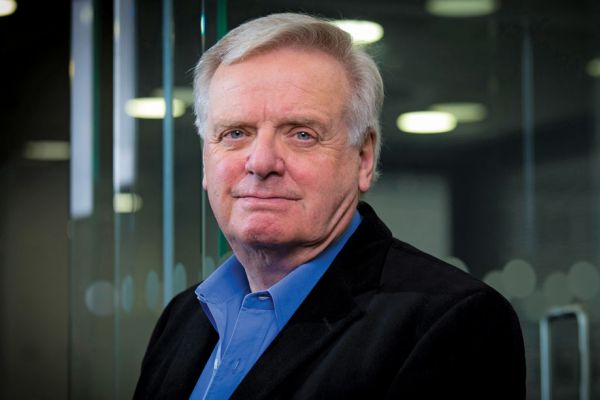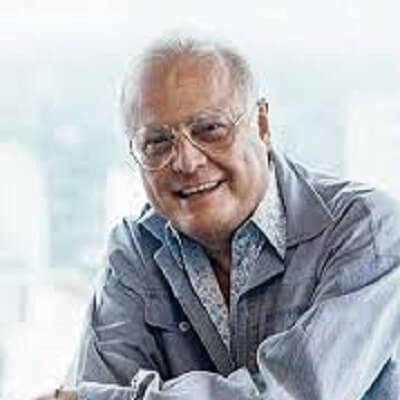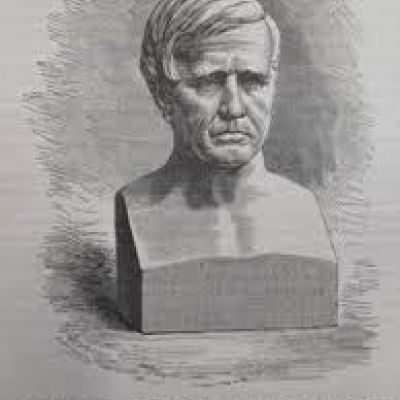According to Lord Michael Grade, the new chairman of Ofcom, the organization that monitors television “does not, and should not,” regulate so-called culture wars.
In his first significant address since taking the position in May, the former TV executive emphasized Ofcom’s independence from “personal preference” and “political pressure.”
He asserted that political discourse had become “angry battlefields of bitter discord.”
Why is this important to Ofcom?
The remarks were given by Lord Grade during his keynote address at the RTS London Convention 2022. Lord Grade has previously held top posts at the BBC, ITV, and Channel 4.
He continued,
“Let me be very clear about this: Ofcom does not, and should not, police the cultural wars.
“Some people attempt to recruit us to their cause. However, we have no interest. That is not what we do.”
Added him: “We never make decisions based on personal preference, political pressure, fear, or favor, whether it be determining whether Piers Morgan’s remarks against the Duchess of Sussex were protected by the First Amendment or Diversity’s tribute to the Black Lives Matter movement.
“Instead, we all check our different points of view at the door. We concentrate on the legal framework and obligations that Parliament has given to us, and we base our decisions on the evidence in a careful, impartial manner.”
Before taking on his new position, Lord Grade came out against Channel 4’s privatization and denounced the BBC’s coverage of Downing Street celebrations as “gleeful and rude.”
The former Conservative peer, who is now on the crossbenches, said on Tuesday that he will now put his “personal opinions” to one side while performing his new duties.
His statement read,
“Our [Ofcom’s] role is to provide research and evidence, to adjust our regulations, and to notify Parliament about policy options and their impact.
According to him, the government, not Ofcom, should be concerned about long-term issues such as Channel 4’s ownership, BBC budget, and how “legislation may level the playing field where PSBs [public service broadcasters] compete with US streamers.”
Michelle Donelan, the newly appointed secretary for culture, declared last week that she will “re-examine the business case” for Channel 4’s privatization.
It was suggested by Ms. Donelan’s predecessor Nadine Dorries that the next BBC license fee announcement would be the last and that it was time to talk about alternative methods to fund and market “great British content” that Ms. Dorries had laid out plans to remove the broadcaster from public control.
Lord Grade said on Tuesday that public service broadcasters ought to be safeguarded, pointing out their influence on the nation’s creative sectors.
In addition, he discussed social media, which he has previously stated he does not use personally.
According to Lord Grade, Ofcom should not try to “control the tone of argument on social media,” even though he cares “on a personal level” about the importance of “tolerant debate,” he told the audience.
That important to me, he continued, “not just as a citizen and a member of parliament, but also as someone who has worked to promote our world-class broadcasting business.
“Because broadcasting has a special capacity to offer a neutral, reliable forum for respectful disagreements.
“Those opinions are more essential than ever for a robust democracy and a stable society.”
Tim Davie, the director general of the BBC, stated last year that the “culture wars” and the polarization of online opinions made it tougher than ever for the organization to uphold objectivity.
Also Read: A Look At The Success And Relationships Of Joan- Baez




